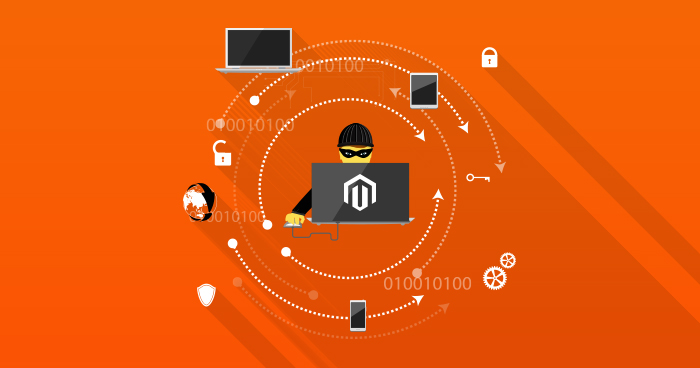Combatting Card Skimming in E-commerce During the Holiday Shopping Season
As holiday shopping intensifies, so do the attempts by malicious actors to hack e-commerce sites. High traffic volumes during this period present prime opportunities for disruptions that can severely damage your business reputation and customer trust. Card skimming, traditionally a physical threat, has evolved into a sophisticated digital concern over the past decade, showing no signs of abating. This blog post explores the digital transformation of card skimming and how you can safeguard your business from these threats.
Understanding Digital Card Skimming
Digital card skimmers operate by embedding malicious code into e-commerce sites to steal credit card information from unsuspecting customers. Originally physical devices attached to ATMs or payment terminals, skimmers now exploit various vulnerabilities online, from database injections to admin breaches.
Common Infiltration Tactics
Modern card skimmers are adept at disguising themselves within legitimate website functionalities. They can masquerade as benign code snippets, such as altered Google Analytics scripts or fake Facebook tracking pixels, seamlessly integrating into your website to pilfer data during the shopping process.
Spotting Fake Interfaces
In more direct attacks, cybercriminals might deploy fake checkout pages that mimic your legitimate interfaces, capturing all entered customer information directly to their servers.
Sophisticated Data Concealment
Some skimmers go to lengths to hide their tracks by storing stolen data in seemingly innocuous files, like images, making them harder to detect during routine security scans.
The Role of PCI Compliance in Protecting Your Site
Adhering to Payment Card Industry Data Security Standards (PCI DSS) is crucial for protecting against card skimming attacks. PCI compliance ensures that your e-commerce site meets rigorous security standards designed to protect cardholder data. Regular PCI compliance checks can help identify and remediate vulnerabilities before they can be exploited by skimmers, providing an additional layer of security for your customers and your business.
Effective Defense Strategies Against Card Skimming
While the prospect of defending against these multifaceted attacks might seem daunting, several proactive steps can significantly enhance your site’s security.
Adopting Best Practices for Website Security
Implementing strong data validation, keeping your software up to date, and regular security auditing are fundamental practices that can prevent the installation of skimming code or mitigate its impact.
Continuous Monitoring and Updating
Regularly reviewing your site’s security measures and updating them to combat new vulnerabilities is crucial. Our Security and Performance Plan at Watermelon Web Works exemplifies how continuous monitoring and rapid response to threats can safeguard your platform.
Partnering with Reputable Service Providers
Choosing the right third-party services—from web hosting to functional extensions—is critical. Opt for partners known for robust security measures to ensure comprehensive protection against potential breaches.
Ensuring Your E-commerce Site’s Security with Expert Help
Collaborating with experienced developers who understand the nuances of e-commerce security is essential. At Watermelon Web Works, we prioritize our clients’ security by working closely with vetted third-party vendors and maintaining open lines of communication to address security issues promptly.
Our Security & Performance plans are an excellent first step toward getting your sites secured. If your site is hacked while on one of our plans, we clean it up for you at no cost to you.

